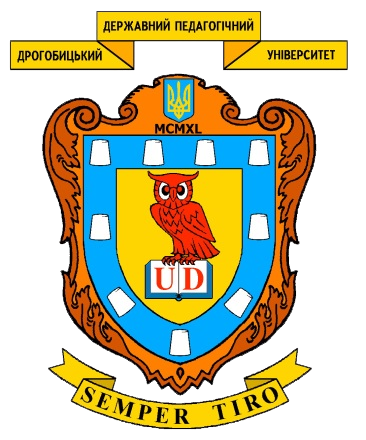SEMANTICAL POTENTIAL OF DIALECT ADJECTIVES IN THE IDIOSTYLE OF SYDIR VOROBKEVYCH
DOI:
https://doi.org/10.24919/2411-4758.2022.242450Keywords:
dialect vocabulary, areally marked adjectives, thematic group, Bukovinian dialects, artistic text.Abstract
The article describes the dialect adjective vocabulary selected from the literary texts of S. Vorobkevych – a prominent representative of the Ukrainian literature of Bukovina in the second half of the XIX century, a connoisseur of the different levels of oral speech in this region. His multifaceted activities played an important role in the formation of a new Ukrainian literary language on a national basis. The purpose of the article is to analyze the semantics and frequency of use of dialectal adjectives in the writer’s language as a carrier of areal components of the national language. Adjective dialect forms reproduce the speech color of the inhabitants of Bukovina – the main characters of works by S. Vorobkevych. Given the semantics of dialectal adjectives, the article describes the thematic groups that are inherent in the work of the writer and determine his individual style. The thematic group of dialect words of attributive semantics that characterize a person includes nominations of appearance, human character traits and internal features of his physical and mental state. The thematic group of dialectal adjective vocabulary, which characterizes an object or phenomenon, combines locally marked adjectives to defi ne color, shape, relation to material, relation to space, relation to time, relation to man, positive and negative characteristics, etc. Linguistic and aesthetic potential of dialectal adjectives in artistic discourse is expressed by synonymous relations. The most common dialect words are identifi ed. It was found that dialectal adjectives reproduce the local features of speech of Bukovynians of the second half of the XIX century, refl ecting the main phonetic, word-forming, lexical, grammatical features of dialects of the south-western dialect, namely Bukovynian and Hutsul. The prospect of further research is the analysis of the language of literary texts of S. Vorobkevych and other prominent writers of Bukovyna in the focus of revealing the regional linguistic picture of the world and analysis of identifi ers of mental worldview of Bukovynians as an ethnographic group of Ukrainian ethnos.
References
Гуцульські говірки : короткий словник. (1997). Львів.
Ґрещук, В. (2021). Гуцульська мовна картина світу крізь призму української художньої мови. Рідне слово в етнокультурному вимірі. Дрогобич, 22 – 32. doi: hppt://dx.doi.org/10.24919/2411-4758.2021.213090.
Ґрещук, В., Ґрещук, В. (2015) Діалектне слово в тексті та словнику. Івано-Франківськ : Місто НВ.
Кульбабська, О. (2016) Процеси неодіалектизації в сучасній українській прозі Буковини. Рідне слово в етнокультурному вимірі, 123–136. Дрогобич : Посвіт.
Словник буковинських говірок. (2005). Чернівці : Рута. Ткач, Л. (2000) Українська літературна мова на Буковині в кінці ХІХ – на початку ХХ століття. (Ч. 1) : Матеріали до словника. Чернівці : Рута.
Шатілова, Н.О. (2013) Тематична репрезентація діалектних іменників в ідіостилі Сидора Воробкевича. Науковий вісник Чернівецького національного університету імені Юрія Федьковича, 661 – 662, 128–135 : Слов’янська філологія. Чернівці : Рута.








